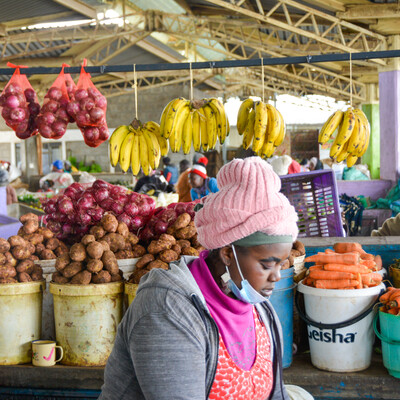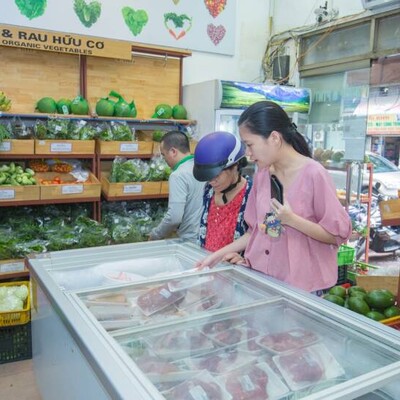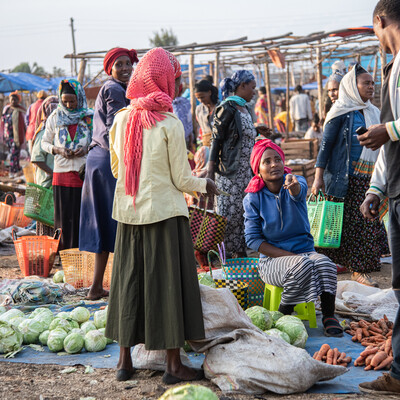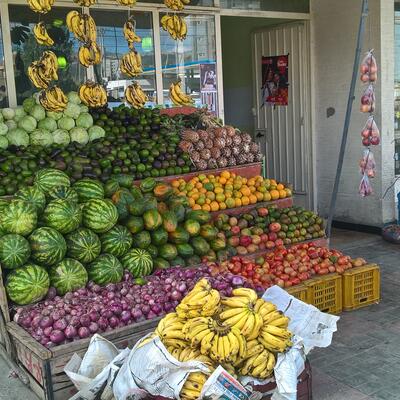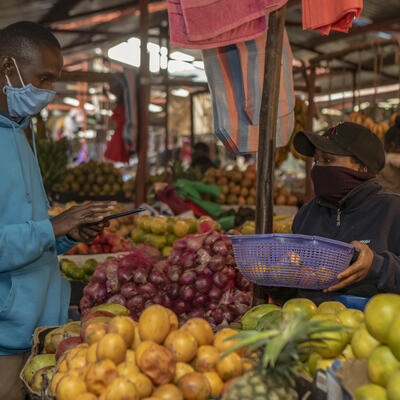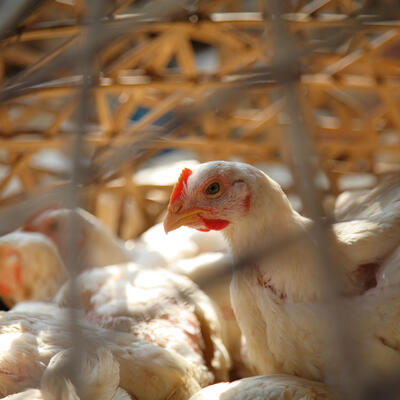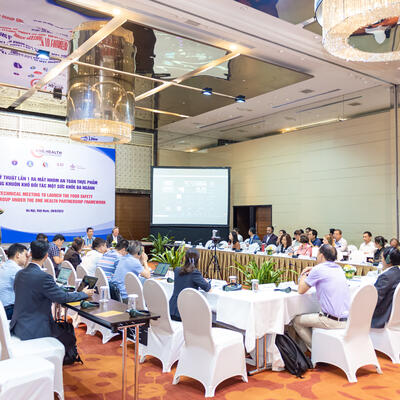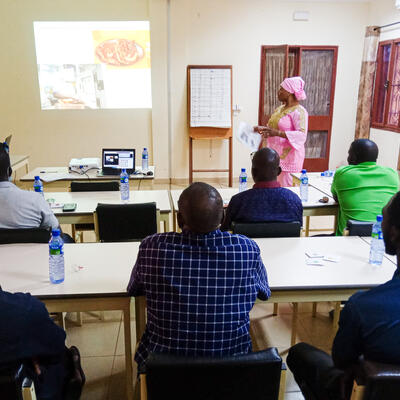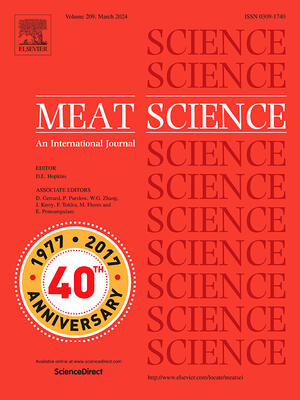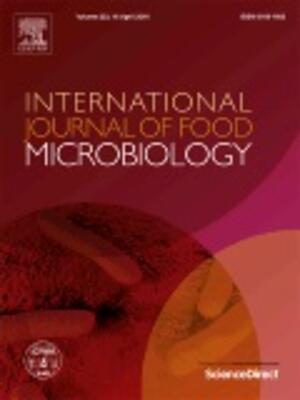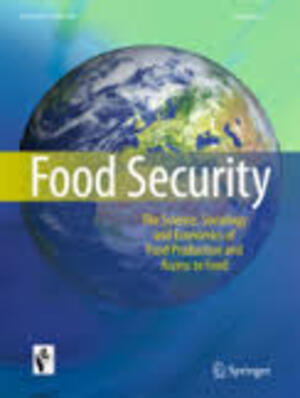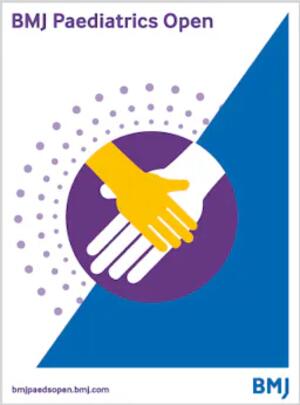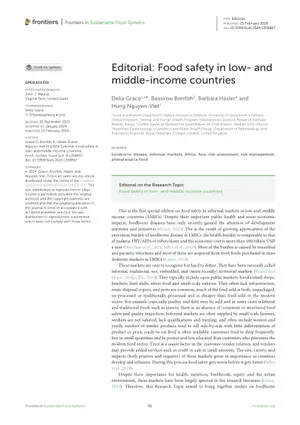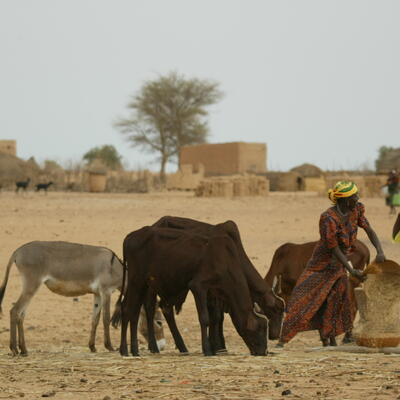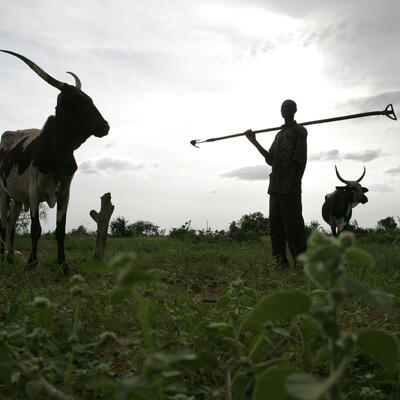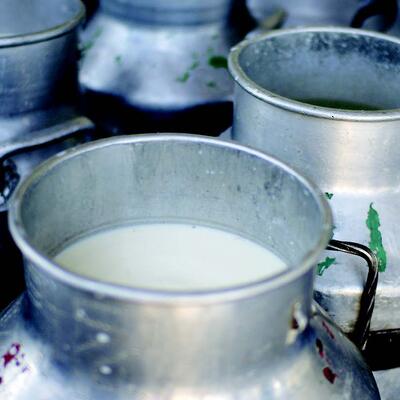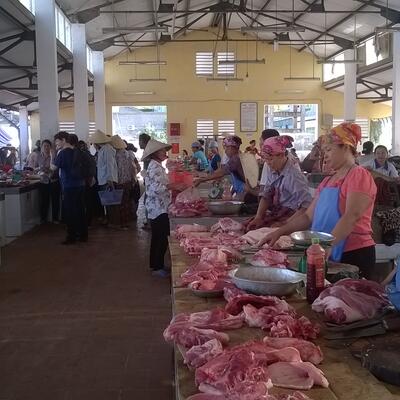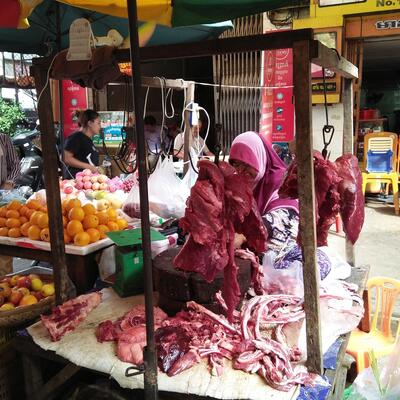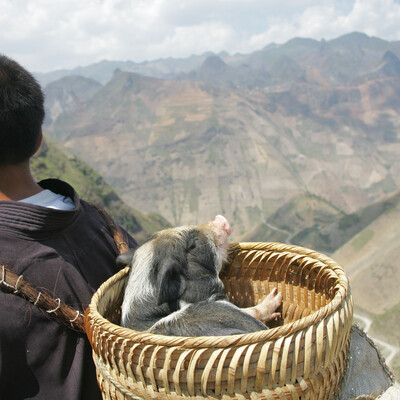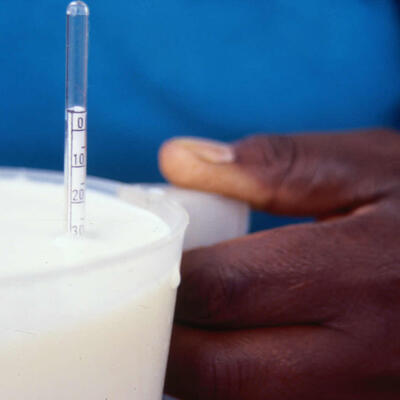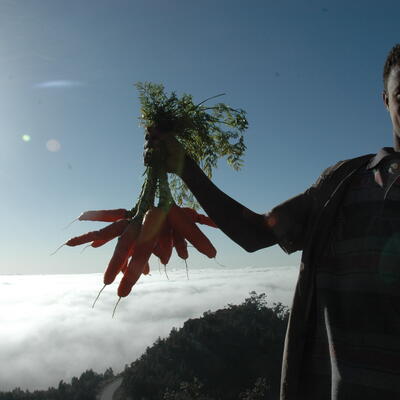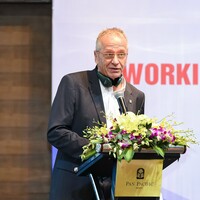
World Food Safety Day 2024
Key messages
When the unexpected happens, preparedness is key. National food safety emergency response plans and strengthened/strong surveillance systems are essential to manage food safety events. Food businesses should have a management and response plan in place that facilitate immediate action in case of a food safety incident.
Shared responsibility for food safety requires collaboration on issues that affect us all ‒ globally, regionally, nationally and locally. A coordinated approach across government agencies, national authorities and the food industry helps minimize public health impact.
Fast and accurate information sharing among all relevant partners, including government agencies, food inspection services, food businesses, laboratories, international organizations and others helps identification of the nature and origin of food safety events and saves lives.
Providing accurate, open and timely information to stakeholders, including healthcare providers, the media and the general public, helps maintain faith in the food supply and prevents further illness.
Food producers, importers, manufacturers, distributors and retailers should all have established and regularly updated food safety management plans to protect public health.
Food industry stakeholders must be ready to implement emergency response plans and approaches, including procedures for withdrawal and recall. Traceability systems are an effective tool to track food through the food chain.
Everyone evaluates food safety risks as part of their daily choices. These choices are made by individuals and collectively by families, communities, businesses and governments.
Hazards are not the same as risks. The mere existence of pathogens in food is not necessarily an indication that consumers are at risk. In many parts of Africa, it is common knowledge that certain foods may contain hazards and common practice to neutralize them by thoroughly cooking or, with milk, through boiling. In Ethiopia, traditional fermentation of milk has been found to provide a 200-fold reduction in the risk of Staphylococcus poisoning. A focus on risks is therefore more effective at ensuring safer food.
If it is not safe, it is not food. Food security is achieved when all people, at all times, have physical and economic access to food that meets their dietary needs for an active and healthy life. In fact, food safety is a critical part of the utilization component of the four dimensions of food security – availability, access, utilization and stability.
Unlocking food safety in informal markets: Future Fork podcast with Paul Newnham
To learn more about food safety, host Paul Newnham spoke with Silvia Alonso, a principal scientist and veterinarian at the International Livestock Research Institute (ILRI).

In this episode, Alonso discusses the importance of research for improving food safety in the global south, particularly in informal markets that comprise the majority of food supply systems in the developing world.
She also explains how targeted interventions can benefit local communities and provides a rundown of a successful project she worked on in Kenya focusing on milk.
Africa.com op-ed
It’s time for Africa to embrace informal agrifood markets
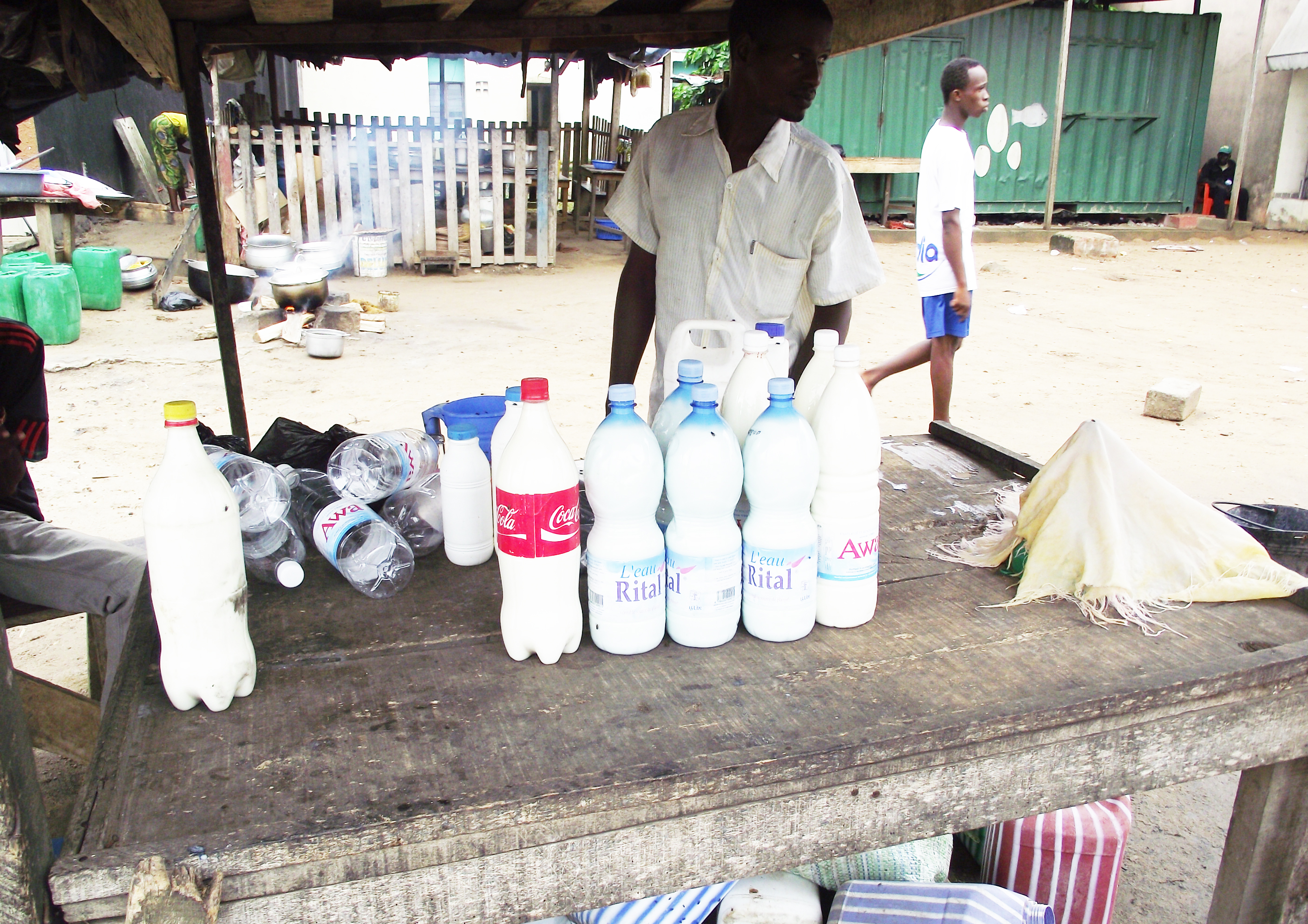
Authors: John Oppong-Otto, Food Safety Officer, African Union InterAfrican Bureau for Animal Resources (AU-IBAR) and Silvia Alonso, Principal Scientist, International Livestock Research Institute (ILRI)






